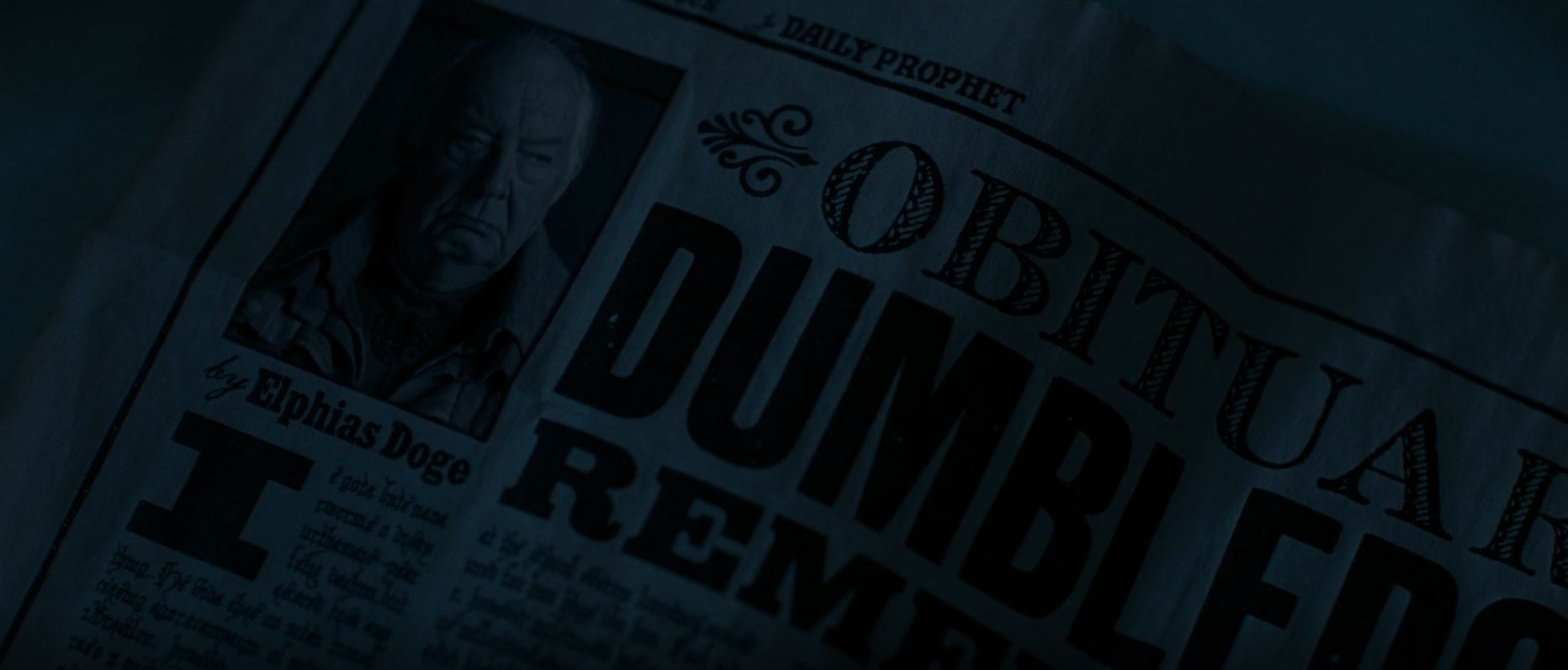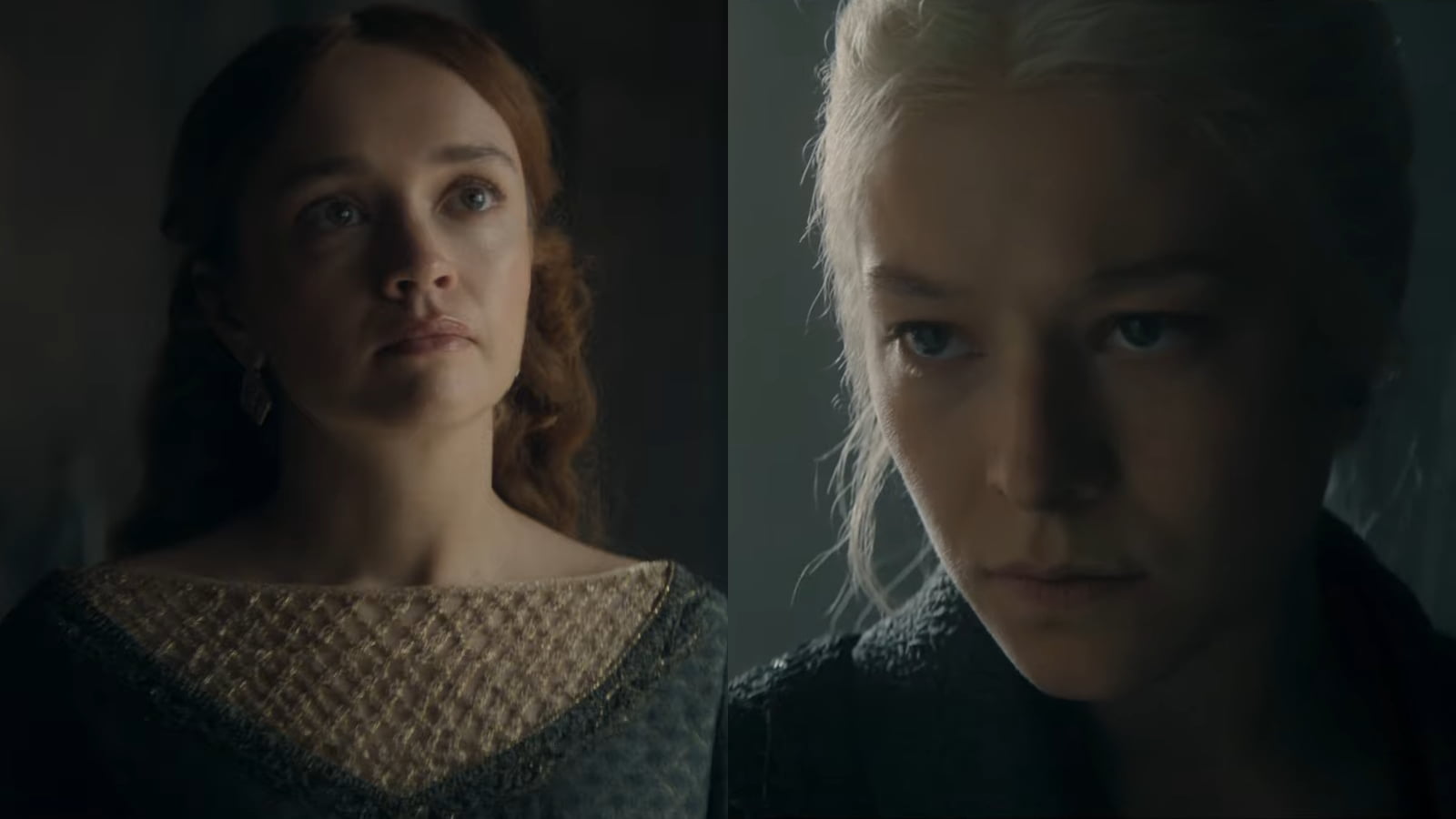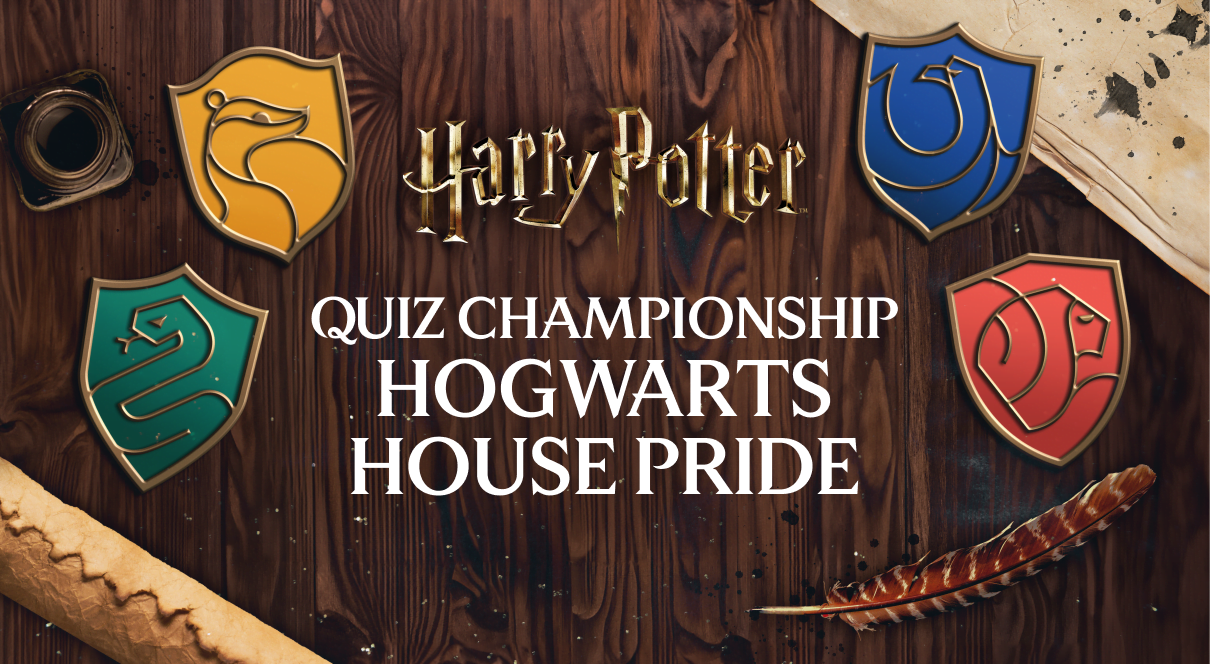by Elphias Doge
[Originally published in The Daily Prophet]
I met Albus Dumbledore at the age of eleven, on our first day at Hogwarts. Our mutual attraction was undoubtedly due to the fact that we both felt ourselves to be outsiders. I had contracted dragon pox shortly before arriving at school, and while I was no longer contagious, my pockmarked visage and greenish hue did not encourage many to approach me. For his part, Albus had arrived at Hogwarts under the burden of unwanted notoriety. Scarcely a year previously, his father, Percival, had been convicted of a savage and well- publicized attack upon three young Muggles.
Albus never attempted to deny that his father (who was to die in Azkaban) had committed this crime; on the contrary, when I plucked up courage to ask him, he assured me that he knew his father to be guilty. Beyond that, Dumbledore refused to speak of the sad business, though many attempted to make him do so. Some, indeed, were disposed to praise his father’s action and assumed that Albus too was a Muggle-hater. They could not have been more mistaken: As anybody who knew Albus would attest, he never revealed the remotest anti-Muggle tendency. Indeed, his determined support for Muggle rights gained him many enemies in subsequent years.
In a matter of months, however, Albus’s own fame had begun to eclipse that of his father. By the end of his first year he would never again be known as the son of a Muggle-hater, but as nothing more or less than the most brilliant student ever seen at the school. Those of us who were privileged to be his friends benefited from his example, not to mention his help and encouragement, with which he was always generous. He confessed to me in later life that he knew even then that his greatest pleasure lay in teaching.
He not only won every prize of note that the school offered, he was soon in regular correspondence with the most notable magical names of the day, including Nicolas Flamel, the celebrated alchemist; Bathilda Bagshot, the noted historian; and Adalbert Waffling, the magical theoretician. Several of his papers found their way into learned publications such as Transfiguration Today, Challenges in Charming, and The Practical Potioneer. Dumbledore’s future career seemed likely to be meteoric, and the only question that remained was when he would become Minister of Magic. Though it was often predicted in later years that he was on the point of taking the job, however, he never had Ministerial ambitions.
Three years after we had started at Hogwarts, Albus’s brother, Aberforth, arrived at school. They were not alike; Aberforth was never bookish and, unlike Albus, preferred to settle arguments by dueling rather than through reasoned discussion. However, it is quite wrong to suggest, as some have, that the brothers were not friends. They rubbed along as comfortably as two such different boys could do. In fairness to Aberforth, it must be admitted that living in Albus’s shadow cannot have been an altogether comfortable experience. Being continually outshone was an occupational hazard of being his friend and cannot have been any more pleasurable as a brother.
When Albus and I left Hogwarts we intended to take the then-traditional tour of the world together, visiting and observing foreign wizards, before pursuing our separate careers. However, tragedy intervened. On the very eve of our trip, Albus’s mother, Kendra, died, leaving Albus the head, and sole breadwinner, of the family. I postponed my departure long enough to pay my respects at Kendra’s funeral, then left for what was now to be a solitary journey. With a younger brother and sister to care for, and little gold left to them, there could no longer be any question of Albus accompanying me.
That was the period of our lives when we had least contact. I wrote to Albus, describing, perhaps insensitively, the wonders of my journey, from narrow escapes from chimaeras in Greece to the experiments of the Egyptian alchemists. His letters told me little of his day-to-day life, which I guessed to be frustratingly dull for such a brilliant wizard. Immersed in my own experiences, it was with horror that I heard, toward the end of my year’s travels, that yet another tragedy had struck the Dumbledores: the death of his sister, Ariana.
Though Ariana had been in poor health for a long time, the blow, coming so soon after the loss of their mother, had a profound effect on both of her brothers. All those closest to Albus (and I count myself one of that lucky number) agree that Ariana’s death, and Albus’s feeling of personal responsibility for it (though, of course, he was guiltless), left their mark upon him forevermore.
I returned home to find a young man who had experienced a much older person’s suffering. Albus was more reserved than before, and much less lighthearted. To add to his misery, the loss of Ariana had led, not to a renewed closeness between Albus and Aberforth, but to an estrangement. (In time this would lift, in later years they reestablished, if not a close relationship, then certainly a cordial one.) However, he rarely spoke of his parents or of Ariana from then on, and his friends learned not to mention them.
Other quills will describe the triumphs of the following years. Dumbledore’s innumerable contributions to the store of Wizarding knowledge, including his discovery of the twelve uses of dragon’s blood, will benefit generations to come, as will the wisdom he displayed in the many judgments he made while Chief Warlock of the Wizengamot. They say, still, that no Wizarding duel ever matched that between Dumbledore and Grindelwald in 1945. Those who witnessed it have written of the terror and the awe they felt as they watched these two extraordinary wizards do battle. Dumbledore’s triumph, and its consequences for the Wizarding world, are considered a turning point in magical history to match the introduction of the International Statute of Secrecy or the downfall of He-Who-Must-Not-Be-Named.
Albus Dumbledore was never proud or vain; he could find something to value in anyone, however apparently insignificant or wretched, and I believe that his early losses endowed him with great humanity and sympathy. I shall miss his friendship more than I can say, but my loss is as nothing compared to the Wizarding world’s. That he was the most inspiring and the best loved of all Hogwarts headmasters cannot be in question. He died as he lived: working always for the greater good and, to his last hour, as willing to stretch out a hand to a small boy with dragon pox as he was on the day that I met him.






